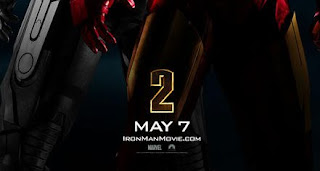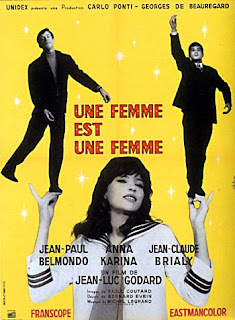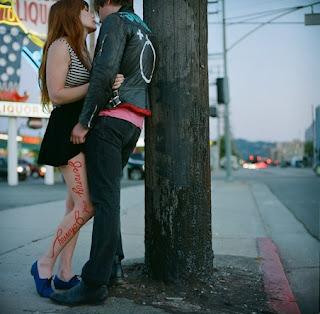
Lady Chatterly's Lover
DH Lawrence, 1928
My inner rebel wants to write a whole review here, without mentioning sex.
There is more description of the coal mining industry and the “gruesome” nature of the industrialized Midlands of England, and the metal effects of World War 1 than of sex. Granted, porn was not yet an acceptable form of entertainment in Modernist England and America, but, really, people. If I have to read one more review of the sex content of Lady Chatterley's Lover I may have to write strongly worded letters to the reviewer.
I worry, though, that I am only getting snippets of review, that, perhaps, I am reading the passion for or against writ sex in a spin zone where publishers and publicists are peddling more copies of this treasure of a book. To which I say “Fuck you” and would probably add “Cunt” in there somewhere too. If they will get worked up over these words, written in the basest collier vernacular of the time (Hello, Mark Twain disciples, this might be a second bible for you!) but are you really going to toss out at least 200 pages of subtle social criticism because you are too faint hearted?
Bloody hell.
Lawrence is, as far as my uneducated view can see, the British version of Hemingway. His language reflects the warbling, ornate entrails of Victorian everything, as Hemingway uses the sparse, bruising inheritors of Stephen Crane and Dreiser. Sometimes he goes a sentence or paragraph too far in making his point, as Hemingway does one too short. In this way they are both writing for the intelligentsia of the time. Both write about men and women wrecked by World War 1. Both even write about sex, and the desire for it. Hemingway just didn't have the balls (and in The Sun Also Rises, quite literally) to go all out with it.
Other things Lawrence doesn't hold back on are extended metaphors. He used the phrase “bitch goddess success” so many times frustration levels rise to orange and I start wondering if he didn't write this book with the purpose of killing his career. Around this, clearly his favorite illustration of the zeitgeist, he spins as many dog metaphors as possible. This person is a dog, this person another dog, they have dog like features and our eponymous hero, the Lover, Oliver Mellors, has a loyal dog which follows him. He starts following Lady Constance Chatterley around like a bitch in heat, which she does accordingly. It amounts to this wrecked generation being abased to animal level.
At which point, is it really surprising that Connie falls to the animalistic level of infidelity? Or Mellors encourage it? Or Sir Chatterley condone it?
Yep, that's right. Lawrence writes a novel about an affair so detailed that you know all the cuckold's feelings on the topic as well. It's both sympathetic and admonishing to all parties concerned. Above all the affair is merely an extended metaphor in and of itself to the real thesis of Lawrence's: “World War 1 destroyed the minds and souls of all touched by it, here are the reasons.”
But I overlook one thing. This is what everyone was using extended metaphors for at the time. So, the sex itself was the groundbreaking thing. Fair enough. Can we still read the other 200 pages?
Am I wrong? Have I read too many Anne Rice novels, too much Anais Nin? Am I desensitized to sex, or is there something more here? If you only know Lawrence and Lady Chatterley's Lover for it's sexual content, you haven't read it. Tochka.




